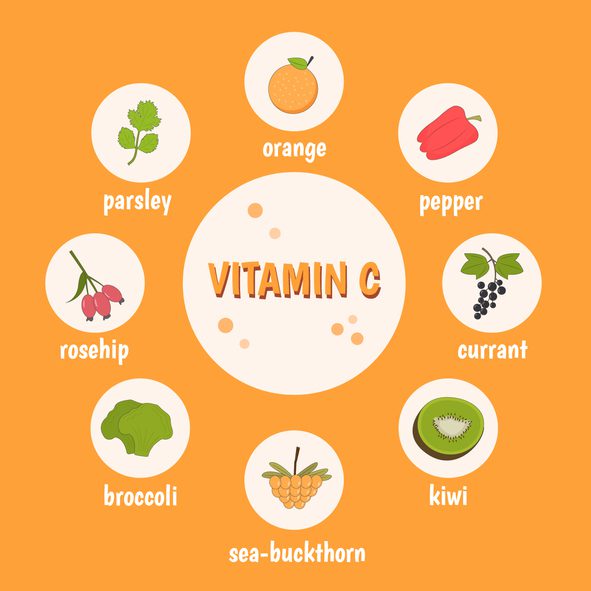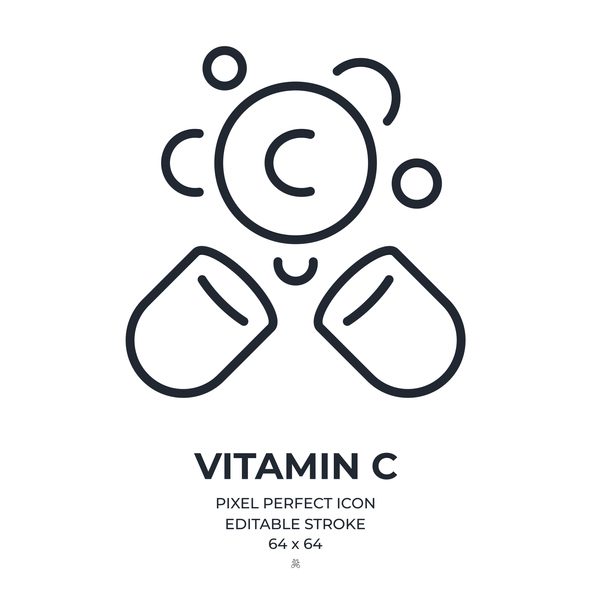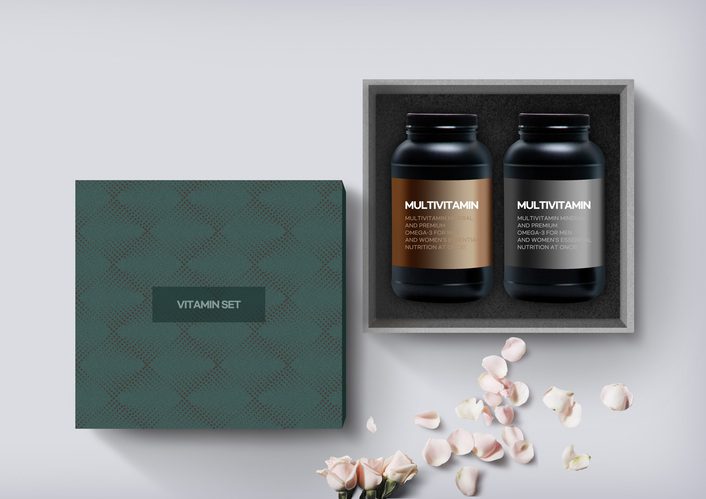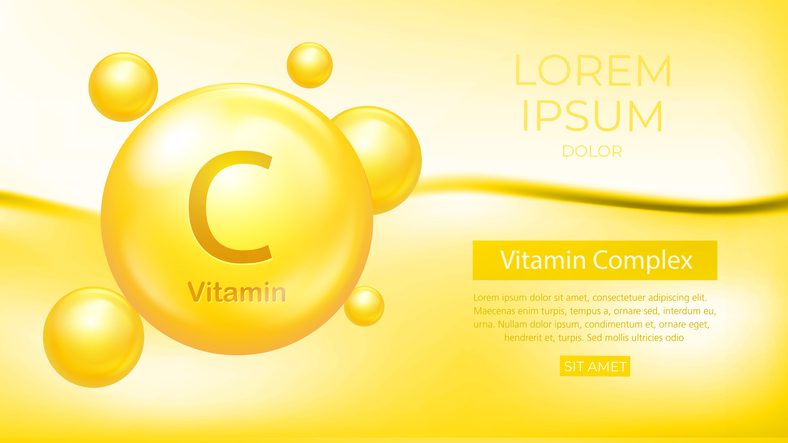
Vitamin C: Different Types of Supplements, How to Choose the Latest Information
Welcome to our comprehensive guide on Vitamin C! In this blog post, we will explore the incredible benefits of Vitamin C for your health and well-being. We’ll discuss different types of supplements available and provide you with valuable insights to help you make an informed decision when choosing the right Vitamin C supplement. Let’s embark on this journey towards optimal health!

The Importance of Vitamin C
Vitamin C, also known as ascorbic acid, is a water-soluble vitamin that plays a crucial role in various bodily functions. It is a powerful antioxidant that helps protect cells from damage caused by harmful free radicals. Additionally, Vitamin C supports immune function, collagen synthesis for healthy skin and connective tissues, iron absorption, and acts as a cofactor in several enzymatic reactions.

Types of Vitamin C Supplements
a) Ascorbic Acid: This pure form of Vitamin C is readily available and highly bioavailable. It can be found in various forms such as tablets, capsules, powders, or effervescent tablets.
b) Sodium Ascorbate: This buffered form combines ascorbic acid with sodium to create a less acidic supplement option suitable for individuals with sensitive stomachs.
c) Calcium Ascorbate: This form combines calcium with ascorbic acid to provide both essential nutrients simultaneously. It may be beneficial for those looking to support bone health while getting their daily dose of vitamin C.
d) Liposomal Vitamin C: Liposomal encapsulation enhances the absorption and bioavailability of vitamin C by protecting it during digestion and facilitating its entry into cells.

Benefits of Vitamin C Supplementation
a) Immune System Support: Adequate levels of vitamin C are essential for maintaining a robust immune system that can effectively defend against pathogens.
b) Collagen Production & Skin Health: As a key component in collagen synthesis, vitamin C promotes healthy skin by supporting tissue repair and reducing oxidative stress-induced aging effects.
c) Antioxidant Protection: By neutralizing free radicals in the body, vitamin C helps reduce cellular damage linked to chronic diseases like heart disease and certain types of cancer.
d) Enhanced Iron Absorption: Consuming vitamin-C-rich foods or supplements alongside iron-rich foods can improve iron absorption—a vital consideration for individuals at risk of iron deficiency.

Choosing the Right Supplement
a) Quality Assurance:
Select reputable brands that adhere to strict quality control standards and undergo third-party testing to ensure purity and potency.
b) Dosage Consideration: Consult healthcare professionals or follow recommended dosage guidelines provided by reputable sources based on your age group or specific health needs.
c) Formulation Preferences: Consider factors such as tablet vs. powder form (for versatility in dosing), additional ingredients (e.g., natural citrus flavorings), or special formulations tailored to specific requirements (e.g., time-release capsules).
d) Allergen-Friendly Options: Look for allergen-free supplements if you have sensitivities or dietary restrictions such as gluten-free or vegan formulations.

Conclusion
Vitamin C is an indispensable nutrient that offers numerous benefits for overall health—from bolstering immunity to promoting radiant skin—making it an essential part of your daily regimen. When selecting a supplement, prioritize quality assurance measures while considering factors like formulation preferences and dosage guidelines.
Remember that while supplementation can bridge nutritional gaps when dietary intake falls short; whole food sources rich in natural vitamin-C content should
Vitamin C efficacy, recommended daily amount, food, side effects




